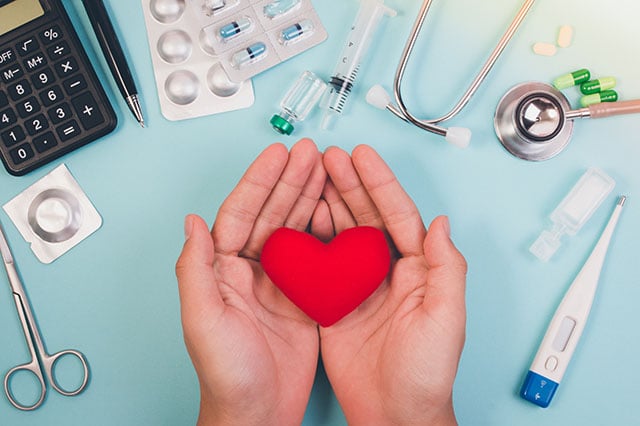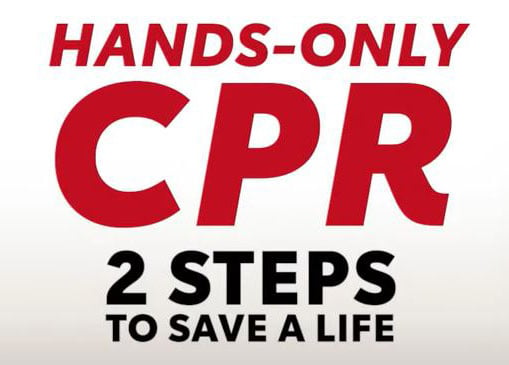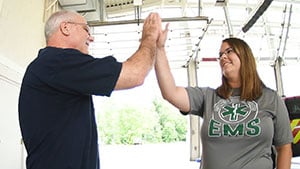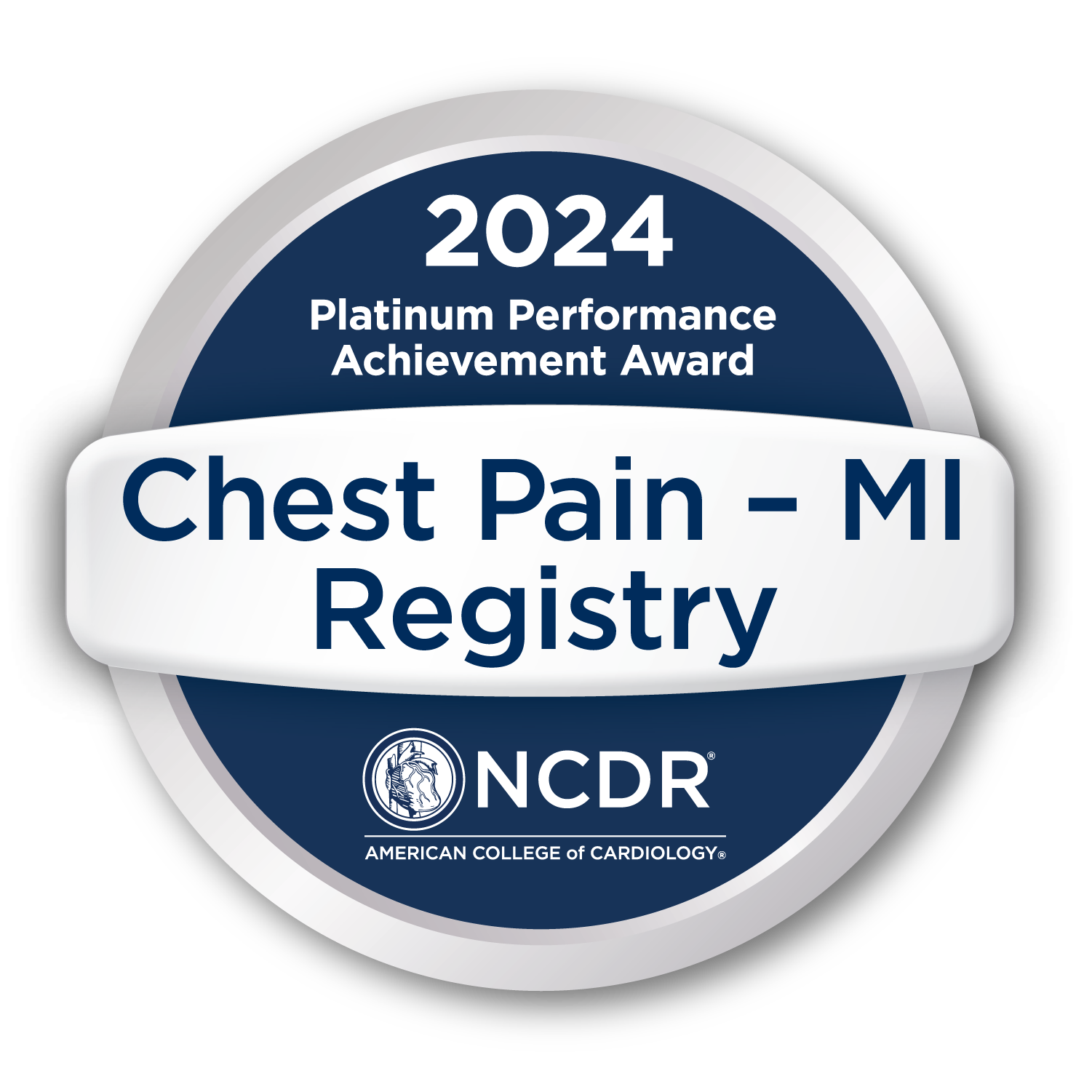Cardiac Care
In addition to heart surgery, our Heart & Vascular Center provides non-invasive testing and other emergency heart care treatment. This means things like EKGs, Holter monitoring, echocardiography, nuclear cardiology stress testing, vascular screening, and cardiac catheterization.
The center also offers interventional cardiology procedures—which can include electrophysiology studies, ablation, angioplasty and stenting, as well as the implantation of pacemakers, defibrillators and leadless pacemakers, heart failure device implantation, along with structural heart procedures.
Services we offer
Vascular Surgery Services
Vascular surgery procedures are those addressing arteries, veins and lymphatics. While the vascular surgery field is quite specialized, the types of patients are quite diverse.
Vascular Services
Intensive Cardiac Rehabiliation
For patients living with cardiovascular disease, the road back to a healthy and active lifestyle can be overwhelming. Columbus Regional Health is making it easier for you to make meaningful changes to improve your health. We are excited to offer a new intensive cardiac rehabilitation program.
More on cardiac rehab
Heart Failure Management
When the heart is unable to pump enough blood to meet the body’s demands, blood pressure within the heart is elevated and can lead to heart failure. Significant heart failure progression over a period of days is known as acute decompensation and leads to hospitalization.
The CardioMEMS HF System uses a miniaturized, wireless monitoring sensor that is implanted in the pulmonary artery during a minimally-invasive procedure to directly measure PA pressure. The system allows patients to transmit PA pressure data from their homes to their health care providers allowing for personalized and proactive heart failure management to reduce the likelihood of hospitalization.
More on heart failure








